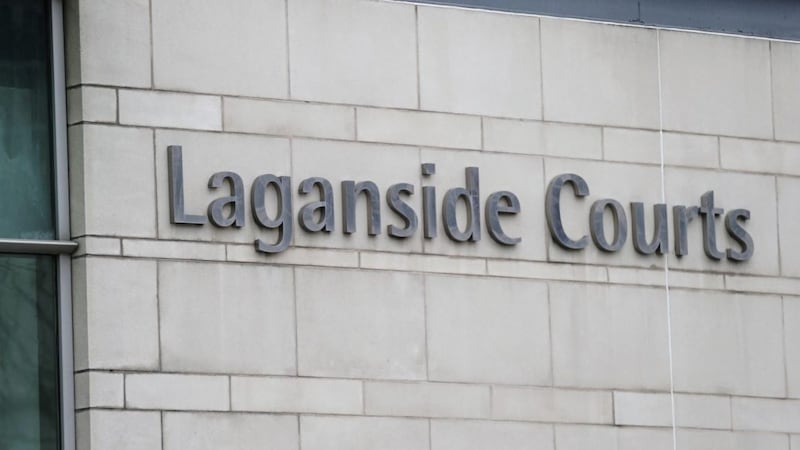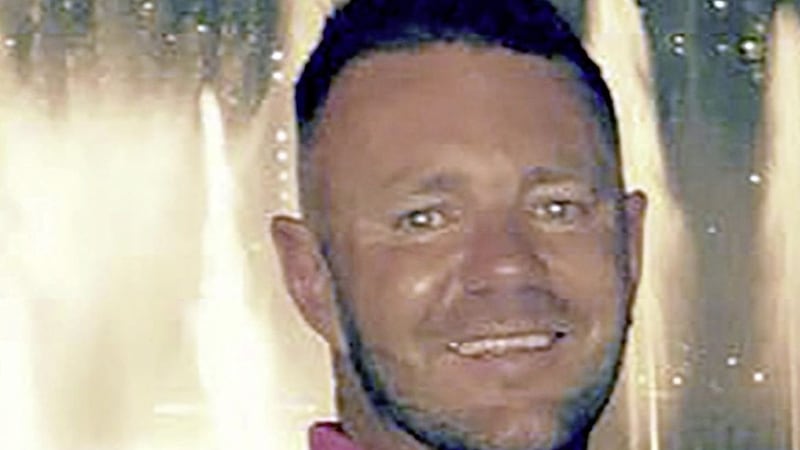A Romanian mother trafficked to Northern Ireland to work as a prostitute wept today as she received a suspended sentence for conspiracy to traffic and money laundering.
Judge Patricia Smyth told Elena-Cristina Cazacu (31) that while her offences "are always serious, the court cannot lose sight of the fact that the National Crime Agency also consider you a victim".
The Belfast Crown Court judge said she was satisfied that in all of the circumstances, given her guilty pleas, clear record and little likelihood of re-offending, her one-year jail term should be suspended for two years.
Cazacu, living in a "safe house" provided by the women's support group Solice Trust, admitted conspiring with two brothers to traffic her cousin to be exploited and to converting criminal property - nearly £3,000 in cash she sent home to her Romanian family - between January and April 2017.
Prosecuting counsel Rosemary Walsh previously told the court that the brothers, who have been jailed, were under surveillance by authorities watching their Banbridge address and Cazacu became part of that investigation upon her arrival in January 2017.
"It was noted that she would drive the brothers' vehicles frequently and it was discovered she would be driving herself and/or her cousin to outcalls where sexual services would be provided to paying customers," said Ms Walsh.
She added that initially any money earned by her was given to one of the brothers, to whom she owed money, but once the debt was paid she was allowed to keep some of the cash which she sent home.
Ms Walsh said with regards to her cousin, theirs was a "very close and mutually supportive relationship... there is no suggestion that the defendant was forcing or coercing her cousin into carrying out any activity".
Defence QC Ronan Lavery said it was accepted that Cazacu was herself "a vulnerable person, a victim of human trafficking, and of course it is vulnerable people who become victims of human trafficking".
He said she had acted as a "facilitator" for her cousin, whom she accepted she drove around. The lawyer said this was simply because it was Cazacu who had the only driving license and it could well have been the other way round.
He added that her's was a "wholly exceptional case", not least because as a "working trafficked woman, she should end up facing a prosecution".




